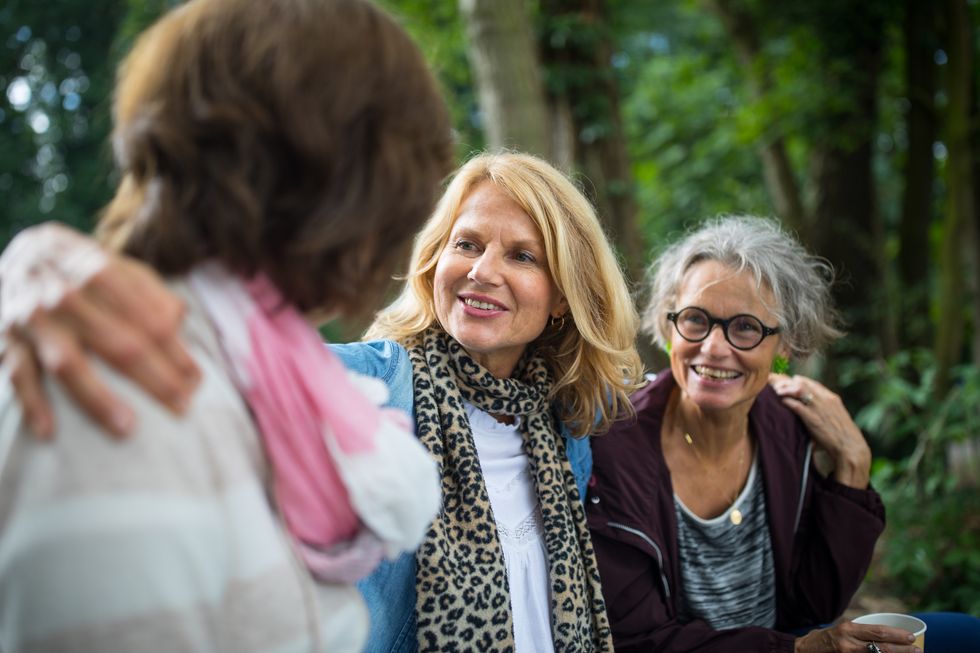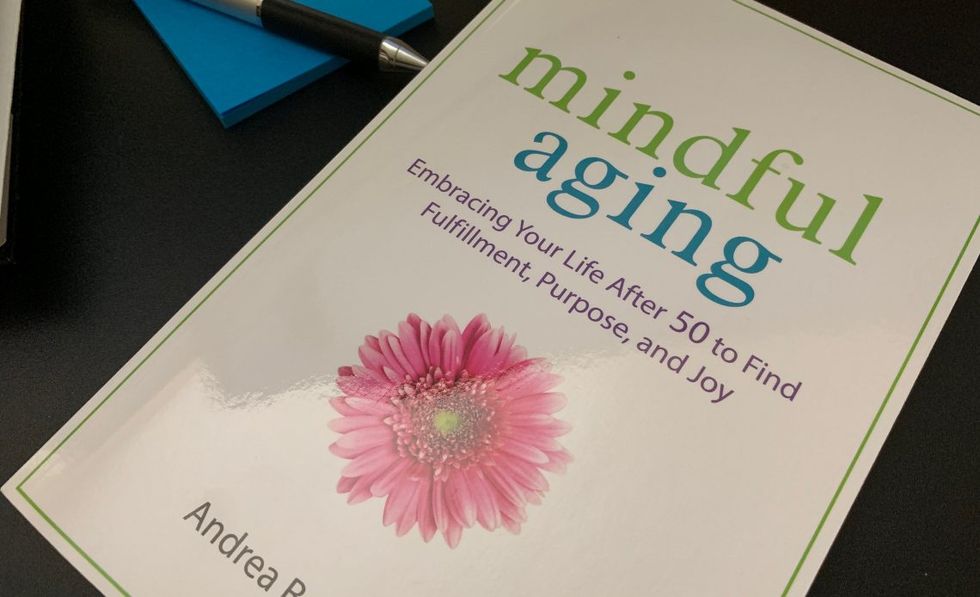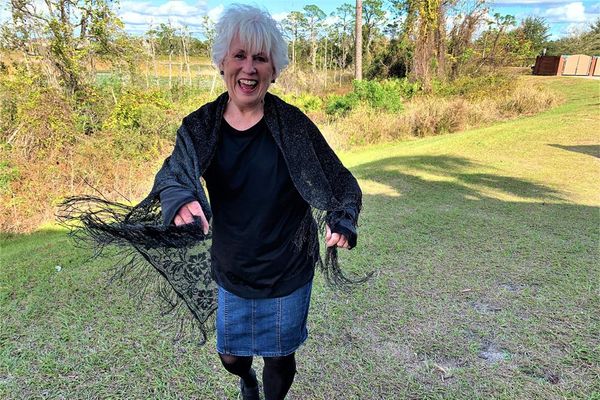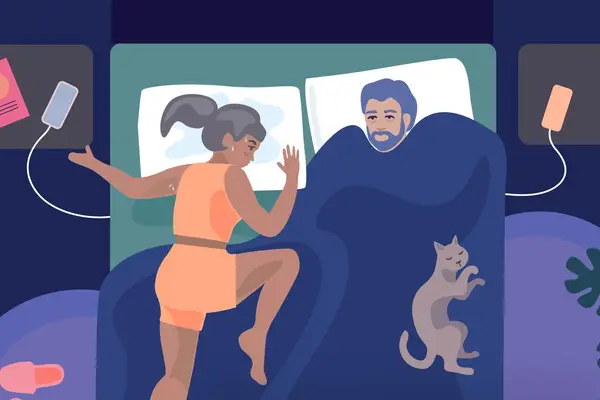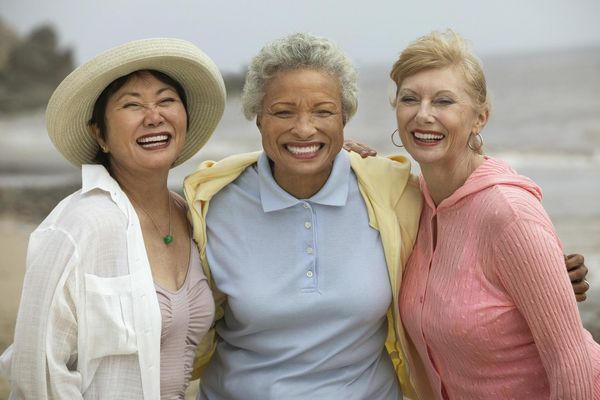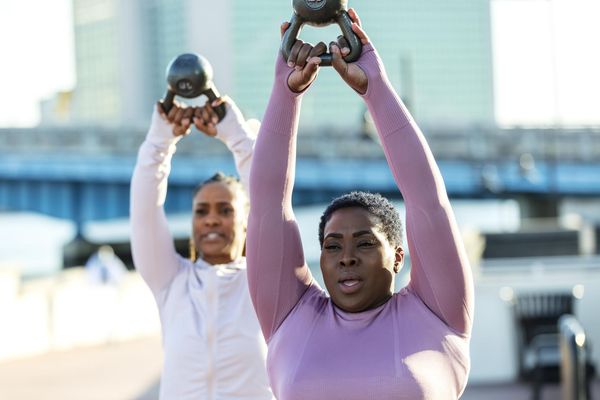"There is no magical age at which we need to abandon our dreams and surrender our possibilities," says renowned psychotherapist and aging expert Andrea Brandt, PhD, MFT. So, as you think about growing older—which we all do, if we're lucky—Dr. Brandt says to ask yourself
- Am I really prepared to grow older?
- How can I make the most of what life still has to offer?
- How do I overcome the negative feelings and fears I have over getting older?
- What changes can I make in my life right
- now to lead a more meaningful life as I age?
In "Mindful Aging," Dr. Brandt prompts people to rethink aging.
Embrace your life as you age
Dr. Brandt's book, Mindful Aging: Embracing Your Life After 50 to Find Fulfillment, Purpose, and Joy, which provides a guide to answering many of these questions, has been sitting in my pile of books for over a year. I've picked it up and put it down several times.
Over the past few weeks, as I work through some mind, body and spiritual challenges, I decided to pick it up again and actually read through it.
I also had the opportunity to interview Dr. Brandt about mindful aging many months ago and thought I'd share some of her insights and perspectives. Her words have been a reminder to me during this time of unease to live in the present—not ponder the past or worry about the future. I hope you find Dr. Brandt's advice as helpful as I do.
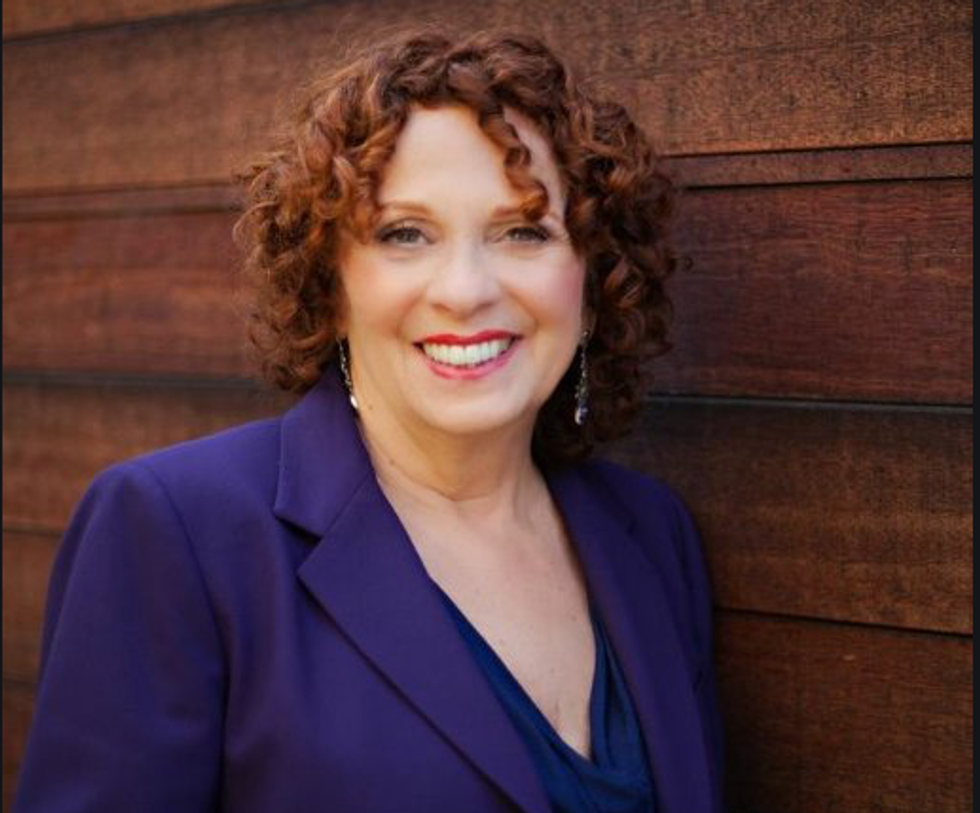
What is mindful aging?
Dr. Brandt: Mindful aging is accepting and embracing changes that are an inevitable part of growing old (which we're all doing all of the time). It means not denying that there are negative aspects of getting older, but also recognizing and focusing on the positive aspects of aging, of which there are many. When we age mindfully, we make the most of every day we're alive and appreciate that we won't be around forever.
How can we live a more fulfilling life after 50? Or as we get older?
Dr. Brandt: We cheat ourselves out of potential happiness when we limit what we think we can accomplish as older adults. In my book, I talk about how those over 50 aren't over the hill but at the top of the mountain. There are few things, if any, that are truly out of reach for older people. We can run marathons and climb mountains (literally!), change careers or start a career if we were homemakers, learn, fall in love, go on adventures, and more. Instead of doing what others expect of us, after 50 we really should be doing what we love.
What is mindfulness and how can it help women in creating positive change at this age?
Dr. Brandt: Living mindfully means living in the now. That means we appreciate everything we taste, hear, see, smell and touch. When we're mindful, we savor every meal and stay mentally present every time we see our family and friends. When our minds are somewhere else, we often miss the simple things that make life good. It also means focusing our awareness on what's going on in any particular moment, whether it be good or bad. This includes acknowledging our emotional reaction to a situation. In this way, practicing mindfulness helps us to know ourselves better, which means we can make wiser decisions about what will make us happy.
What is the best way to create a vision for the second or maybe third phase of my life?
Dr. Brandt: Or fourth or fifth! To create a vision for any phase of one's life, we must ask ourselves what would bring us joy. One of the positive aspects of growing older is that with every passing year, we know ourselves better. By the time we reach 50, we know ourselves pretty darn well and have a better idea about what brings us happiness. Then it's more about not limiting ourselves to what we think we can accomplish "at our age." We must ask ourselves: What is it that I've always wanted to do, but I didn't have time for earlier in life, or I didn't try because I was afraid of what people might think or because of other obligations? Then find a way to do that.
What's the best way to deal with loss and fear along the way? From loss of a parent, spouse, job?
Dr. Brandt: This is where mindfulness can be especially helpful. Loss is inevitable, and fear is a completely understandable emotion, especially when it comes to aging. With loss, it's about cherishing the memories of the person who is no longer with us or of the career that is over or ending, but not ruminating about it in a way that keeps us trapped in the past. Learn about Symptoms of Depression In Women You Should Never Ignore.
We must let ourselves feel sad (trying to bury sadness never works, and it just makes things worse), but we shouldn't let ourselves get lost in sadness and ignore all the wonderful people who are still with us, or who we could still meet, or miss out on all the wonderful experiences life has to offer us.
As for fear, we must examine what our fear is trying to tell us and explore where it comes from. Is the fear based in worries about others will think? Is it a fear that we'll fail? We'll definitely fail if we never try, and if we live our lives based on what other's think, they'll be happy, and we'll be miserable.
You mention "letting go of feelings and experiences that no longer serve you from the past." Can you provide suggestions?
Dr. Brandt: There are some exercises I describe in my book that I think people will find very helpful, but the nutshell version is that to let go of things from our past that are weighing us down emotionally, we have to process the emotions by sitting with them for a while, then getting them out of our heads by writing them down or talking to someone like a therapist or trusted friend, and then releasing them. For the last step, some people find a releasing ceremony helpful, like writing down the things that have kept one stuck in the past on a piece of paper and then (carefully) burning it in a fireplace.
What are the key fundamentals for a healthy, happy post-middle age?
Dr. Brandt: "Focusing on what gives us joy, deciding what will bring us even more joy, and then working to achieve that happiness." (Yes, Dr. Brandt, I need to keep finding what brings me joy and do more of it!)
Any other comments you would like to share?
Dr. Brandt: We can't always control what happens in life, but we can control how we see and react to it. The way we see aging has a lot to do with how happy we are as we age.
This post originally appeared on aboomerslifeafter50.com.

